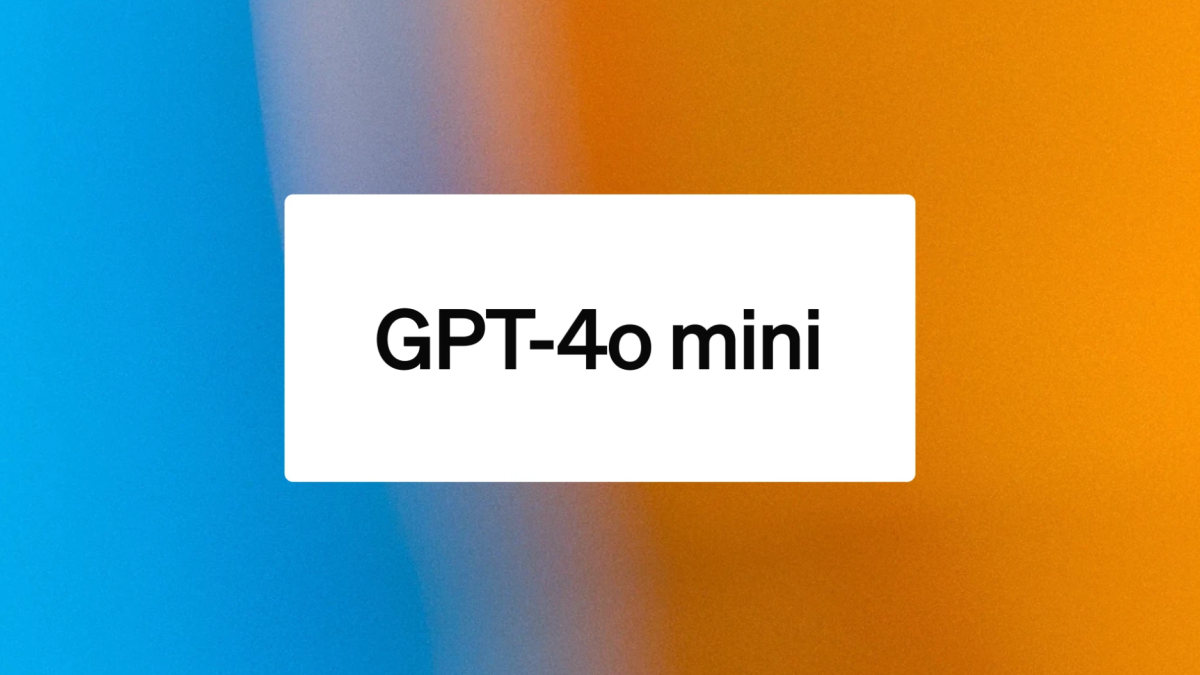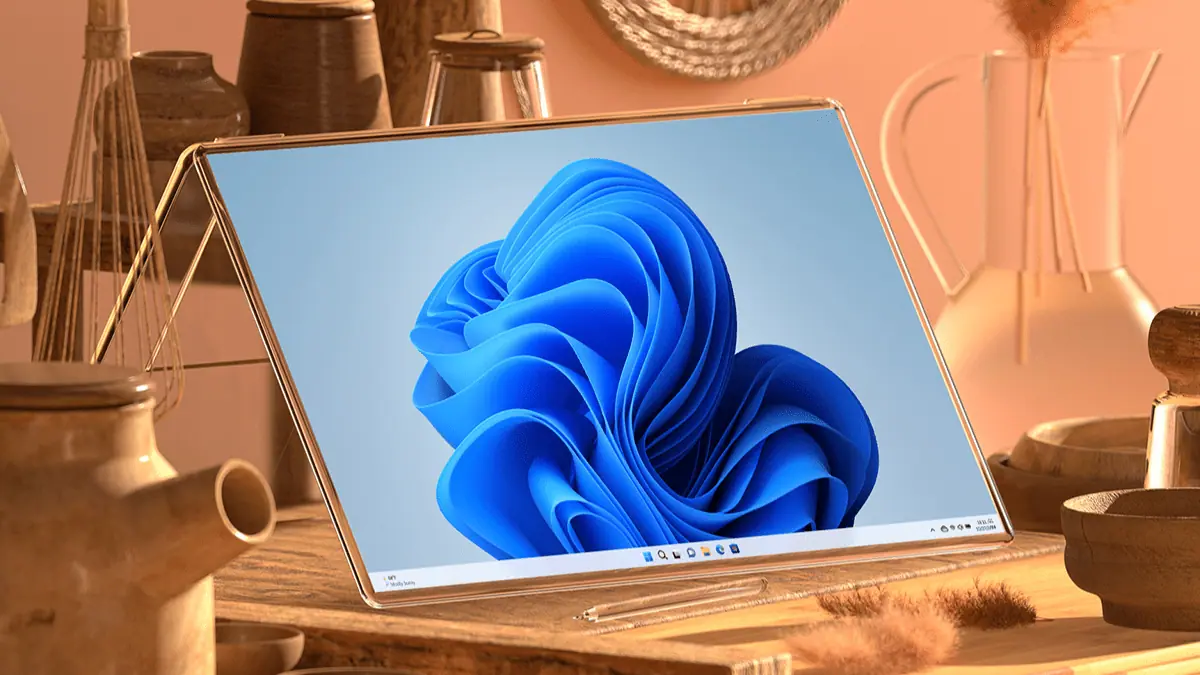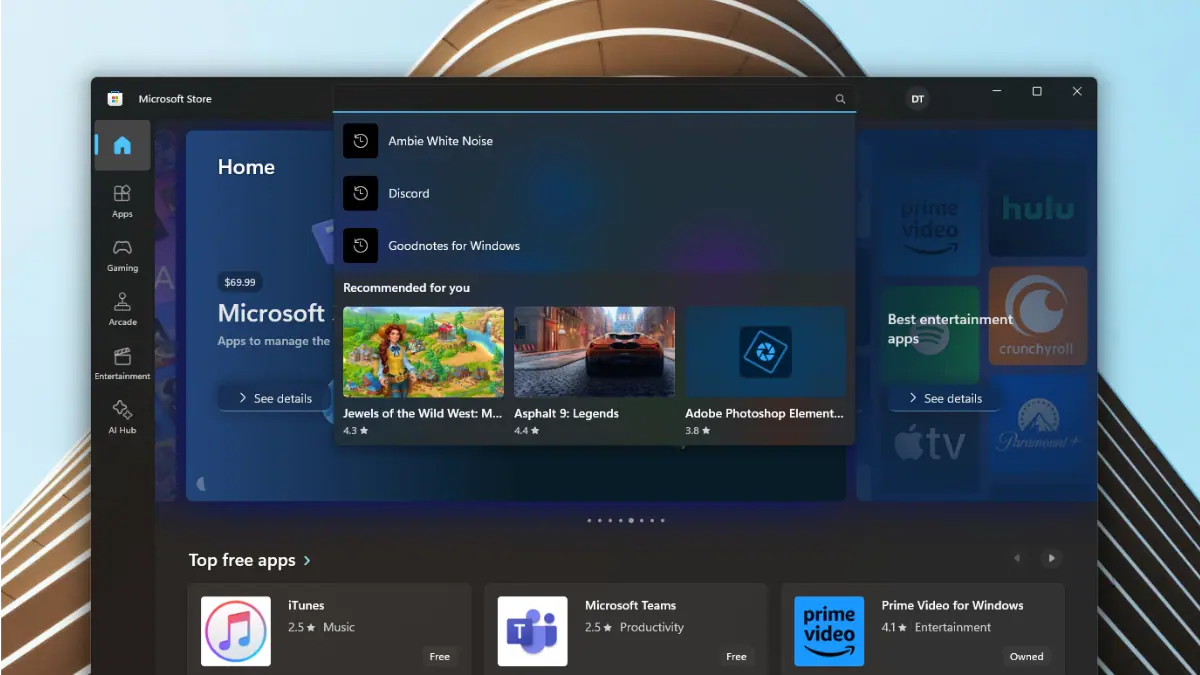Microsoft talks about their repeated devices strategy failures
2 min. read
Published on
Read our disclosure page to find out how can you help MSPoweruser sustain the editorial team Read more

In a 45 minute session by Jon Friedman, a chief designer at Microsoft, the company reflected on their storied history of repeat device failures.
While Friedman was able to offer a reason each initiative floundered and was eventually cancelled, the session did not offer a recipe for success distilled from the experience.
In fact, the session was more effective in reminding us of how many attempts the company made to penetrate the consumer market, reminding us of the failed 2004 Spot watch initiative, the UMPC initiative, the Kin and of course most iconic the Courier.
Reasons ranged from the initiatives being ahead of their time (the Spot watches), under resources (UMPC), not having a developer story behind them (Courier), and clashing with other plans (the Kin phones).
The session did not touch on other failures, such as Windows Phone and the Microsoft Band, and devices such as Cortana speakers which will soon join the list, but does beg the question of which of Microsoft’s devices initiatives actually succeeded.
Of the top of my head Surface is the only really successful hardware initiative at Microsoft, and with their keyboard and mouse hardware this, of course, does not deviate much from Microsoft’s area of expertise, that being Windows. The other successful device initiative was the Xbox, but when Microsoft attempted to bring their experimental new user interface ideas to this market it caused the Xbox brand to flounder, with sales much less than half that of the more conservative PS4.
With growing rumours that Microsoft is looking to get back in the devices game with the Surface Phone, I think to me the lessons are pretty clear – the road to success is to make a PC rather than a phone, and I suspect, given the development direction of Windows 10 inside Microsoft, that Microsoft appreciates this insight too.
Do our readers agree? Let us know below.
Via The Verge








